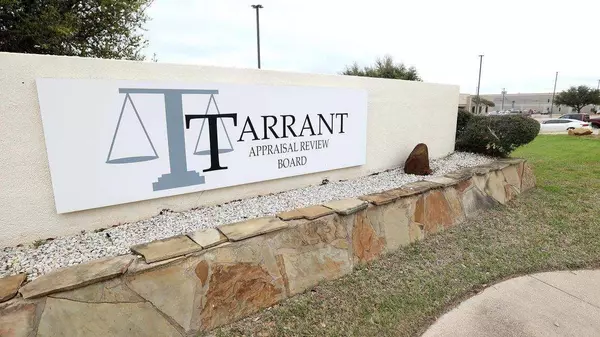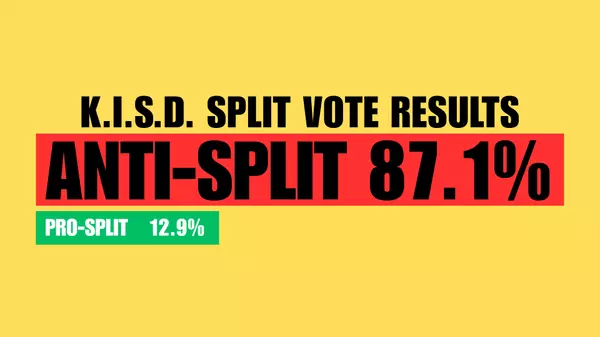4 Ways to Reduce Your Monthly Housing Costs Right Now

1) Save BIG by refinancing your mortgage (even with high-interest rates): Drop your house payment by increasing the length of your loan Decrease the length of your loan to pay off your mortgage faster Skip up to two house payments Use proceeds to consolidate and pay off credit card debt, student lo
Read More7 Easy Ways To Slash Your Monthly House Bills

Take 5 minutes to call your lender… no really, it's easy. If your monthly mortgage payment has increased in the past year or so, it’s likely because your taxes and/or insurance have gone up. Your mortgage company likely uses a 12-month payment plan by default to pay off your escrow shortage, but
Read MoreI Can't Afford My House Payment. What are my options?

My tax bill is too high. I can’t afford the house!!! Here is a list of options to consider... Reduce your insurance cost. Your house payment likely includes taxes, insurance, principle, and mortgage interest. If your payment has increased, there is a good chance your insurance rates have increase
Read More5 Questions to Ask Your Mortgage Lender Before Refinancing Your Home

Ask Your Mortgage Lender These Five Questions Before You Refinance With mortgage rates at a relative low, more homeowners than ever are looking for a solution to save on their significantly higher home payments. For many, this means turning to home mortgage refinancing. However, refinancing isn’t f
Read More
Categories
- All Blogs 117
- Basics 17
- Buyer Psychology 3
- Career 1
- CCR in the News 14
- Community 21
- Downsizing 3
- Election 6
- Financial Advice 13
- Foreclosure 1
- Heritage Subdivision 3
- Home Refinancing 4
- Home Search 2
- How-to 22
- HUD Homes 2
- Just for fun 10
- Legislative Involvement 5
- Making an offer 5
- Mortgage 2
- Negotation 4
- Preparing to Sell 10
- Print media 3
- Property Tax 53
- Real Estate Market Report 25
- Robert Montoya 1
- Senior Housing 1
- State 3
- Static 1
- TAD Reform 8
- Tarrant County 13
- Testifying 2
Recent Posts










